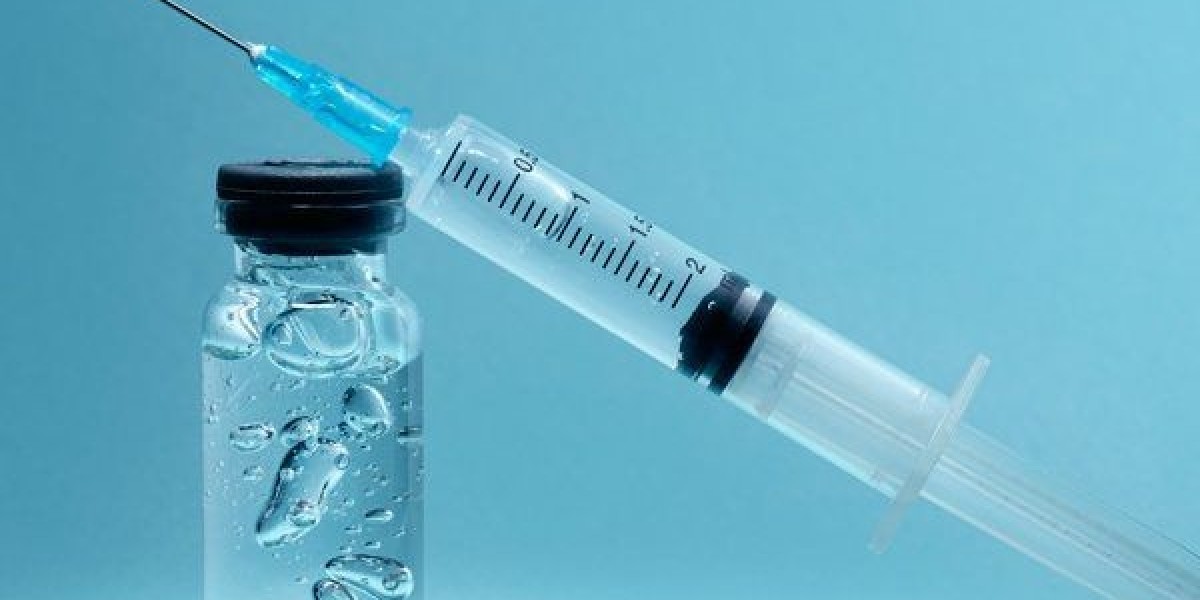What is a Toradol Shot?
A Toradol shot, also known as ketorolac tromethamine injection, is a powerful nonsteroidal anti-inflammatory drug (NSAID) administered via intramuscular or intravenous injection to treat moderate to severe acute pain. It is commonly used in hospitals, emergency rooms, and clinical settings for its rapid onset and effective relief of pain, especially post-operative and musculoskeletal pain.
Unlike opioids, Toradol does not carry a high risk of addiction, making it a preferred alternative for short-term pain management.
How Does a Toradol Shot Work?
Ketorolac, the active ingredient in a Toradol shot, works by inhibiting prostaglandin synthesis. Prostaglandins are substances in the body that cause inflammation, pain, and fever. By blocking the cyclooxygenase (COX) enzymes—COX-1 and COX-2—Toradol effectively reduces inflammation and relieves pain at the site of injury or surgical trauma.
The drug is not a narcotic, which makes it highly valuable in avoiding the side effects and dependency risks associated with opioid medications.
Common Uses of Toradol Injections
Post-Surgical Pain Management
One of the most frequent applications of the Toradol shot is in post-operative settings, where rapid pain relief is critical. It is often administered following surgeries like orthopedic, dental, or abdominal procedures to reduce the need for opioid painkillers.
Musculoskeletal Pain
Toradol is also used to manage acute musculoskeletal pain, including sprains, strains, and back injuries. It provides fast-acting relief, making it a popular option in emergency and urgent care environments.
Migraine and Severe Headaches
Many clinicians administer Toradol shots to patients presenting with severe migraines or cluster headaches that are unresponsive to oral medications. Its anti-inflammatory effects help reduce the vascular inflammation responsible for headache symptoms.
Renal Colic
In cases of kidney stones, Toradol is preferred over opioids because it provides effective pain control without affecting kidney function to the same degree, though it still requires monitoring.
Bursitis and Tendonitis
Patients experiencing inflammatory joint conditions such as bursitis or tendonitis can benefit significantly from Toradol injections, as the medication directly targets localized inflammation and pain.
Dosage and Administration of Toradol Shot
The standard dosage of a Toradol shot for adults typically ranges from 30 mg to 60 mg, administered either intramuscularly (IM) or intravenously (IV). The exact dose depends on the patient’s age, weight, renal function, and the severity of pain. For example:
- IM injection: 60 mg single dose for adults under 65 without renal impairment.
- IV injection: 30 mg dose commonly used for fast-acting relief.
Treatment duration with Toradol should not exceed 5 days, due to the risk of serious side effects such as gastrointestinal bleeding or kidney damage.
Benefits of Toradol Injections
- Fast Onset of Action: Pain relief begins within 30 minutes of injection.
- Non-Narcotic: No risk of opioid addiction.
- Anti-Inflammatory: Effective at reducing inflammation at the source.
- Multifunctional Use: Suitable for various types of pain—surgical, musculoskeletal, migraine, etc.
- Minimal Sedation: Allows patients to remain alert while relieving pain.
Potential Side Effects and Risks
Despite its effectiveness, Toradol shot carry a risk of adverse effects, especially with prolonged use. Common and serious side effects include:
- Gastrointestinal issues: Nausea, indigestion, ulcers, or even GI bleeding.
- Kidney impairment: Particularly in dehydrated or elderly patients.
- Increased bleeding risk: Toradol inhibits platelet aggregation.
- Hypersensitivity reactions: Allergic reactions including rash, swelling, or difficulty breathing.
- Dizziness and headache: Mild CNS effects may occur in some individuals.
Patients with peptic ulcer disease, recent gastrointestinal bleeding, renal disease, or aspirin allergy should not receive Toradol.
Precautions and Contraindications
Toradol injections are contraindicated in the following conditions:
- History of peptic ulcers or GI bleeding
- Chronic kidney disease or dehydration
- Pregnancy (especially third trimester)
- Concurrent use with other NSAIDs or anticoagulants
- Known hypersensitivity to ketorolac or NSAIDs
Patients should be closely monitored for renal function, bleeding tendencies, and allergic reactions, especially with repeat dosing.
Toradol Shot vs. Oral NSAIDs and Opioids
While oral NSAIDs such as ibuprofen or naproxen are commonly used, they take longer to act and may be less effective for acute severe pain. Opioids, on the other hand, are effective but come with risks of respiratory depression, dependency, and sedation.
Toradol offers a middle ground—providing potent, opioid-level pain relief without the risks of dependency. However, its use is restricted due to potential renal and gastrointestinal toxicity, hence its 5-day treatment limit.
Can You Get a Toradol Shot at Urgent Care or Outpatient Clinics?
Yes, Toradol injections are often administered at urgent care centers, outpatient surgical centers, and some primary care clinics. However, they are usually prescribed by a physician after evaluating the patient’s medical history and ensuring no contraindications exist.
How Often Can You Get a Toradol Shot?
Due to its toxicity risk, Toradol shots are limited to short-term use only. Generally, patients can receive:
- One dose every 6 hours, not exceeding 120 mg per day
- Maximum treatment length: 5 days
Repetitive use beyond the recommended period is discouraged and should only be considered in exceptional cases under close medical supervision.
Conclusion: Is a Toradol Shot Right for You?
A Toradol shot is an effective and fast-acting solution for acute, moderate to severe pain without the dependency risks of opioids. However, due to its potential side effects, it is best used under strict medical guidance and for short durations only. Patients should always disclose their medical history, current medications, and existing conditions to ensure the safe administration of Toradol.



